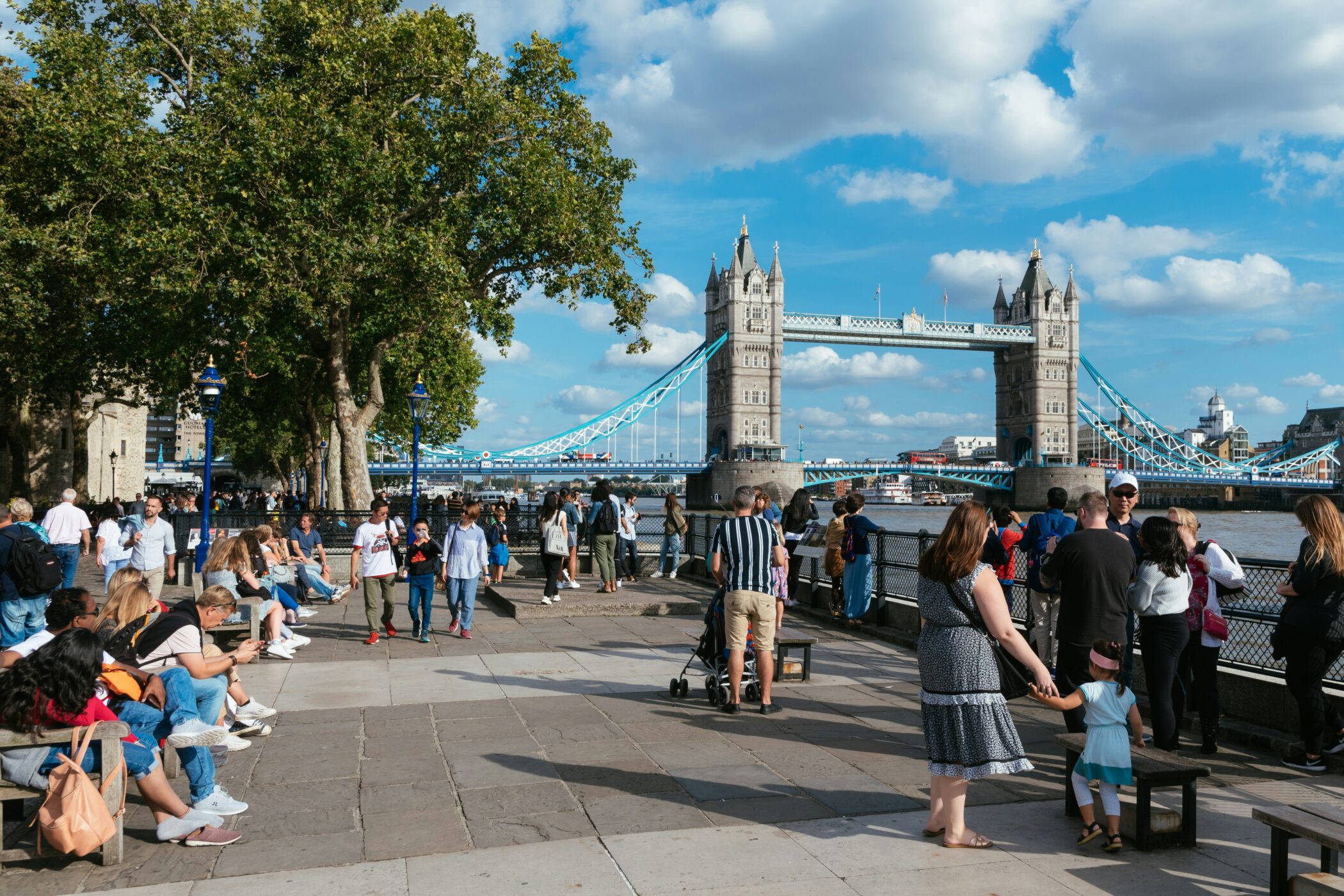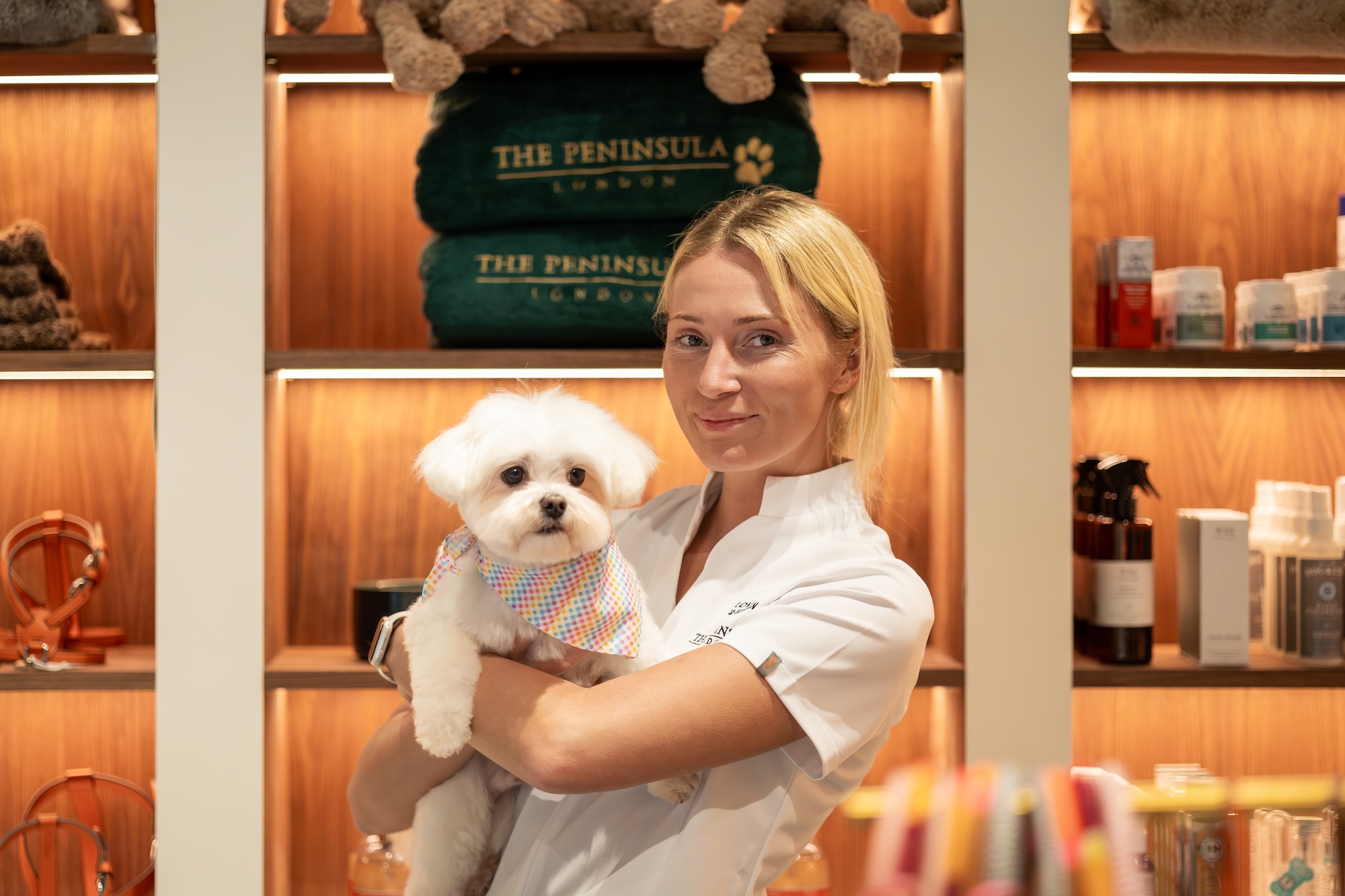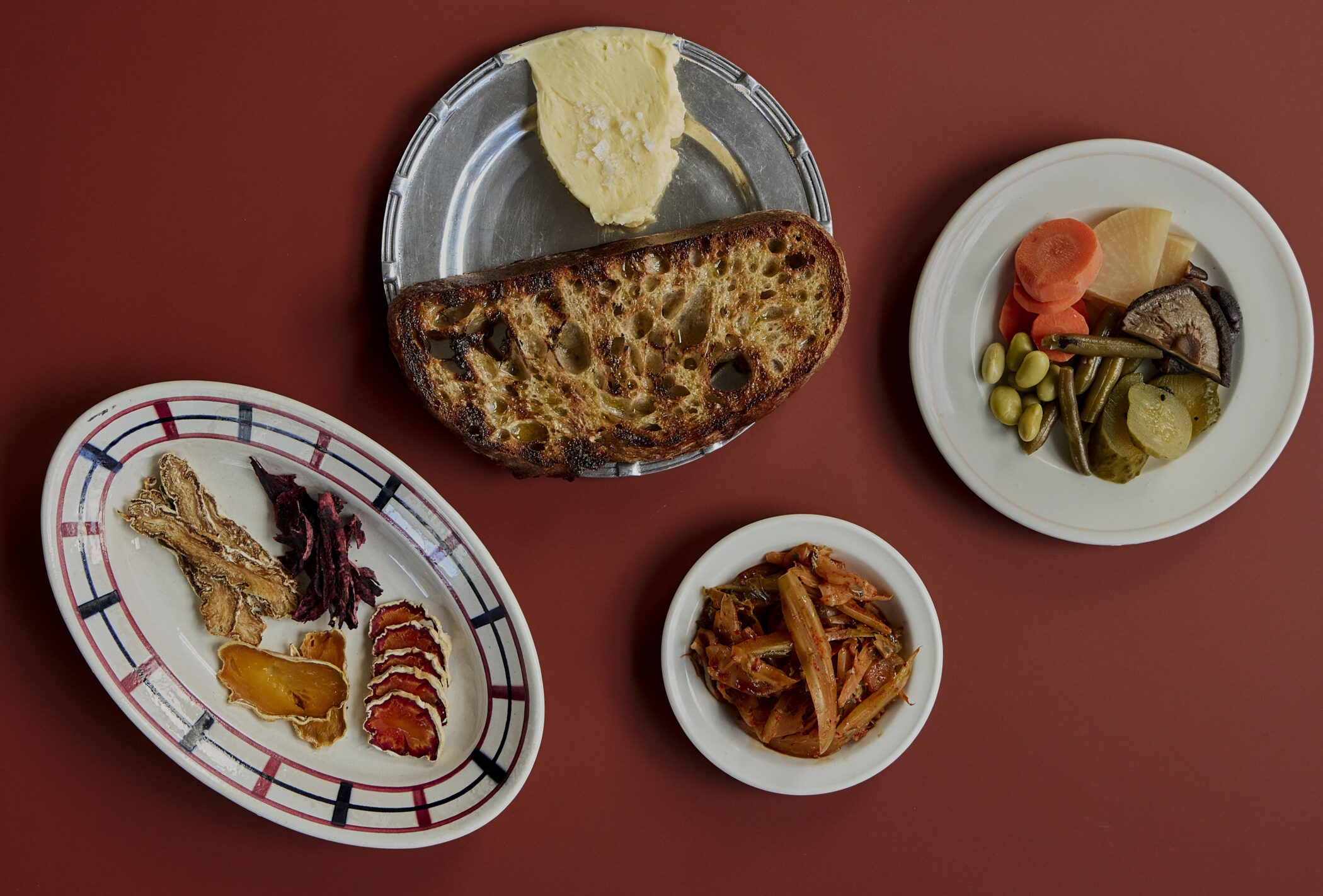Tattoos join trinkets as holiday souvenirs in 2025
British travellers are choosing to permanantly immortalise their holidays with tattoos, while others gravitate towards bringing home quirky souvenirs such as local sand, says a new survey by Opodo. Olivia Palamountain reports
A new survey by Opodo has revealed that 4% of British travellers are opting for permanent tattoos as holiday souvenirs, whilst traditional keepsakes such as fridge magnets remain popular among the majority of tourists returning from abroad.
The poll of 9,000 international travellers, including 2,000 from the UK, found that souvenir habits vary dramatically by age and region. Whilst 41% of respondents prioritise creating memories through photographs or travel journals, equal numbers (35%) still purchase themed souvenirs such fridge magnets or local crafts and jewellery.
Londoners emerged as the most dedicated collectors, with 49% bringing back physical items compared to other UK regions. The capital's residents also lead in social media sharing, with 26% posting their holiday purchases online, compared to just 6% of Welsh travellers and 7% from the North West. Generational differences prove significant in souvenir behaviour. Among UK travellers aged 18-24, 32% always return with holiday mementoes, compared to just 4% of those over 65. However, Generation X travellers (aged 45-54) surprisingly rank as the most impulsive buyers at 48%, significantly exceeding Generation Z's 30% impulse purchase rate.
Generational differences prove significant in souvenir behaviour. Among UK travellers aged 18-24, 32% always return with holiday mementoes, compared to just 4% of those over 65. However, Generation X travellers (aged 45-54) surprisingly rank as the most impulsive buyers at 48%, significantly exceeding Generation Z's 30% impulse purchase rate.
Social media influence on purchasing decisions shows a clear age divide. Nearly three in ten Generation Z travellers (29%) admit their souvenir choices are influenced by online trends, compared to just 1% of those over 65. British men prove more susceptible to online influence than women, at 18% versus 8% respectively.
Regional variations extend beyond London, with 32% of Northern Irish travellers and 25% of Londoners swayed by social media trends, whilst only 4% of Yorkshire and Humber residents report similar influence. Northern Ireland also leads in social media sharing at 25%. The survey found that 24% of British travellers collect unusual items such as local sand, whilst 31% focus on consumable souvenirs like food and drink. More than one quarter (27%) of global travellers always return with something special, though 4% of UK respondents never bring anything back - the highest rate among surveyed countries.
The survey found that 24% of British travellers collect unusual items such as local sand, whilst 31% focus on consumable souvenirs like food and drink. More than one quarter (27%) of global travellers always return with something special, though 4% of UK respondents never bring anything back - the highest rate among surveyed countries.
Memory sharing remains primarily focused on family, with 58% of British travellers prioritising close relatives when showing off their holiday purchases. Friends rank second at 43%, whilst romantic partners receive attention from 33% of respondents.
The research indicates that 37% of global travellers have started new collections after discovering items abroad, though UK travellers lag behind at 23% compared to 52% of American tourists. The primary motivation for 71% of collectors remains remembering destinations and experiences, whilst 33% seek items with symbolic or local significance.
Impulse buying drives 43% of souvenir purchases among both British and global respondents, with German travellers topping the spontaneous shopping list at 66%. Portuguese travellers proved most considered in their purchases at 29%.
The findings suggest traditional souvenir shopping is evolving alongside digital sharing habits, with younger generations increasingly influenced by online trends whilst older travellers maintain more traditional collecting approaches.




















